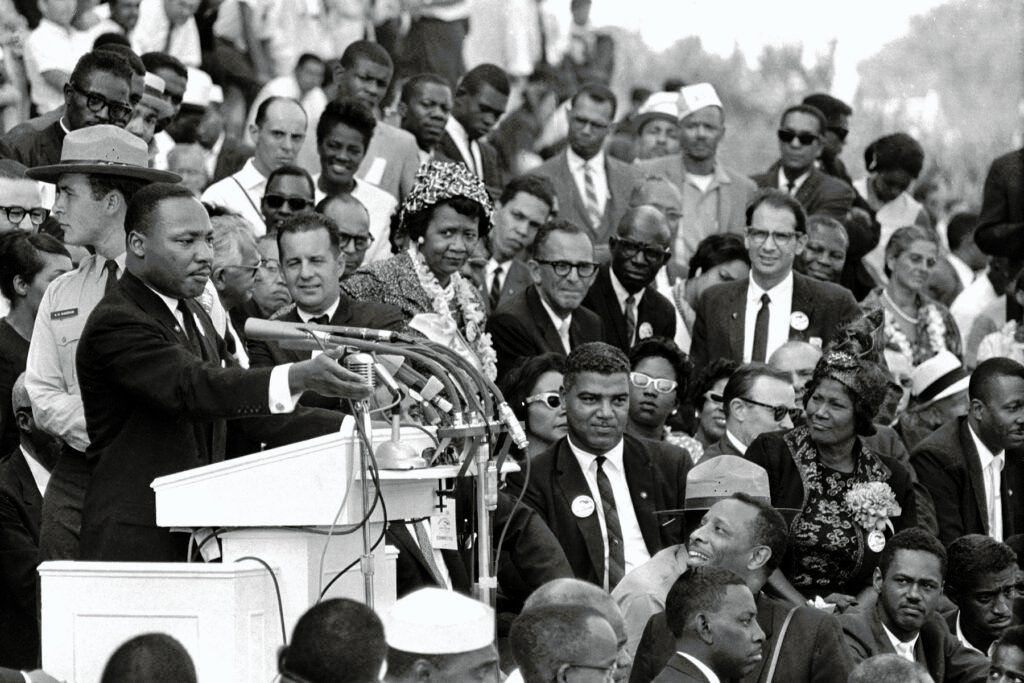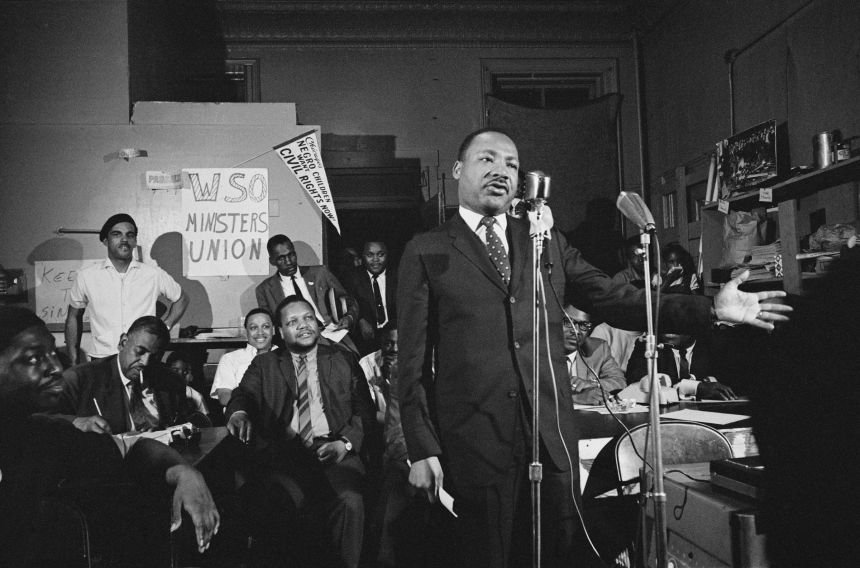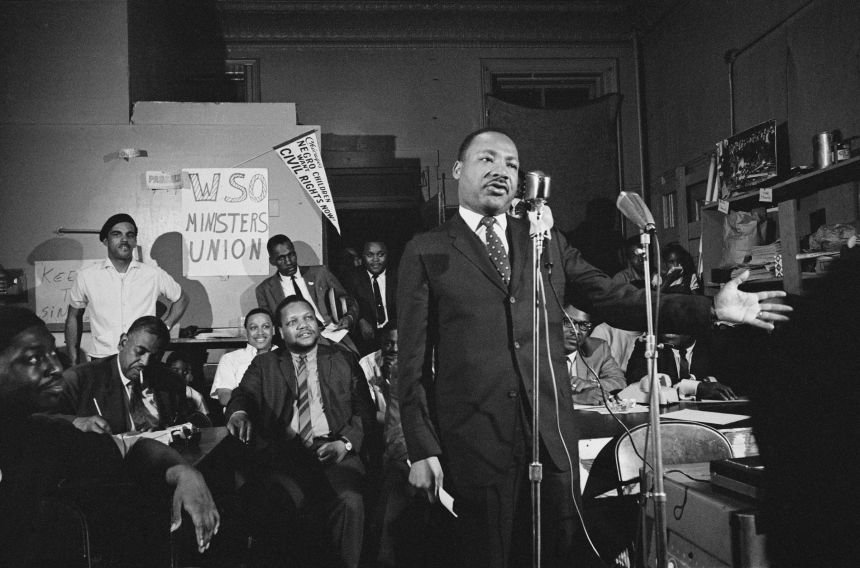The release of over 230,000 pages of government documents related to Dr. Martin Luther King Jr. on July 21, 2025, has stirred deep emotion for the King family, reopening wounds tied to decades of surveillance, slander, and state-sanctioned hostility. Mandated by President Donald Trump’s Executive Order 14176, the disclosure has placed intensely private and often disturbing details of Dr. King’s life into public view—much of it revealing the federal government’s coordinated efforts to discredit him.
The release, one of the largest in U.S. civil rights history, sheds light on the federal government’s extensive surveillance of the civil rights leader between 1963 and 1968.

The files include transcripts of FBI wiretaps, internal COINTELPRO memos, and character attacks aimed at undermining Dr. King’s leadership and legacy during the civil rights era. Also released were investigative records surrounding James Earl Ray, King’s convicted assassin, including testimony from his former cellmate and international efforts to locate him after the assassination.
The National Archives and Records Administration confirmed that the digitization and preparation of the files took months of coordination across federal agencies, fulfilling the executive order’s mandate for full public access.

Though no explosive revelations have yet emerged, historians are already combing through the vast trove for new context and insight into the life and death of one of America’s most pivotal figures. The level of governmental surveillance and psychological warfare detailed in the documents has brought fresh grief to a family long accustomed to protecting the dignity of their patriarch.
Civil rights groups and members of the King family have responded with mixed emotions. In a statement, the Southern Christian Leadership Conference (SCLC) and King’s surviving children urged the public to read the materials with “empathy and critical discernment,” warning that some contents may be deeply personal and risk misrepresenting King’s legacy.
Dr. Bernice King, the youngest daughter of Dr. King, issued a personal statement on social media following the release:
“These files are painful reminders of the toll surveillance and targeted government campaigns took on my father’s life and spirit. We must not allow these documents to be weaponized or distorted. Let them be a lesson in justice, not a tool for judgment.”

Despite the weight of this moment, the King family remains steadfast in their lifelong mission: upholding Dr. King’s legacy of justice, nonviolence, and moral clarity. Since his assassination in 1968, they have championed his message through activism, honoring him with a national holiday, public speaking, and leadership in organizations like The King Center in Atlanta. Even as they relive the injustices he suffered, their efforts have kept Dr. King’s dream alive for new generations.
The release of these files, while historically significant, has tested the family’s resolve once again. But as they have done for over five decades, the Kings continue to turn pain into purpose—reminding the world that Dr. King’s vision was about persistent pursuit of justice, love, and equality.




